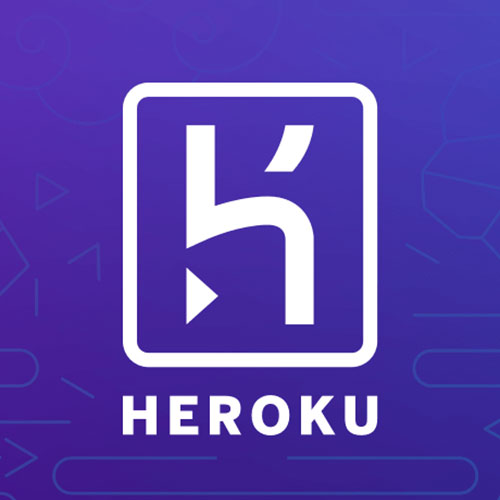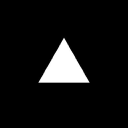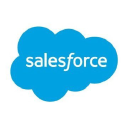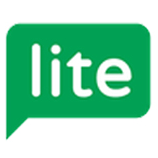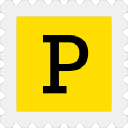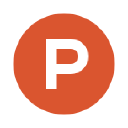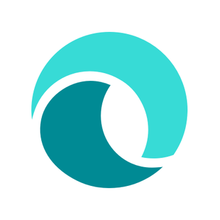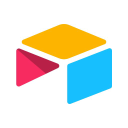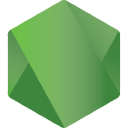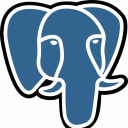We Built A Virtual Community To 2K Members [#1 On Product Hunt]
Note: This business is no longer running. It was started in 2019 and ended in 2024. Reason for closure: Acquired.
Hello! Who are you and what business did you start?
Hello, I’m Anthony, and run a virtual community for indie founders called Indie Worldwide. Over the last couple of years, we’ve grown to over 2,000 members.
Indie Worldwide has two main revenue streams:
An “artisanal” version of Lunch Club. Once a week I make hand-reviewed introductions between club members I think should meet. We currently have 91 active participants and $5.5k in ARR.

2) Sponsorships
We’ve sold about $3k in sponsorships over the last couple of months and this side of the business is quickly growing.
The community is profitable...

